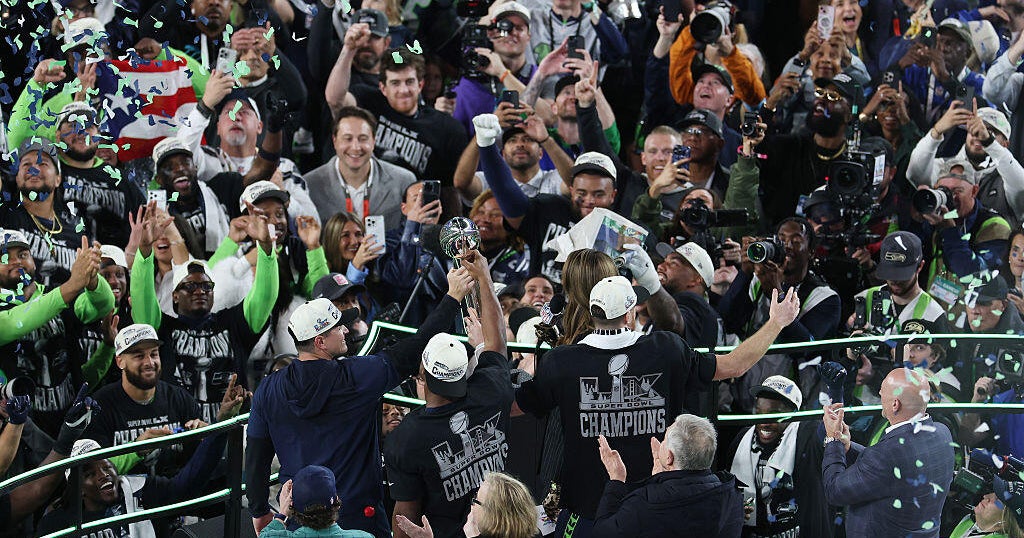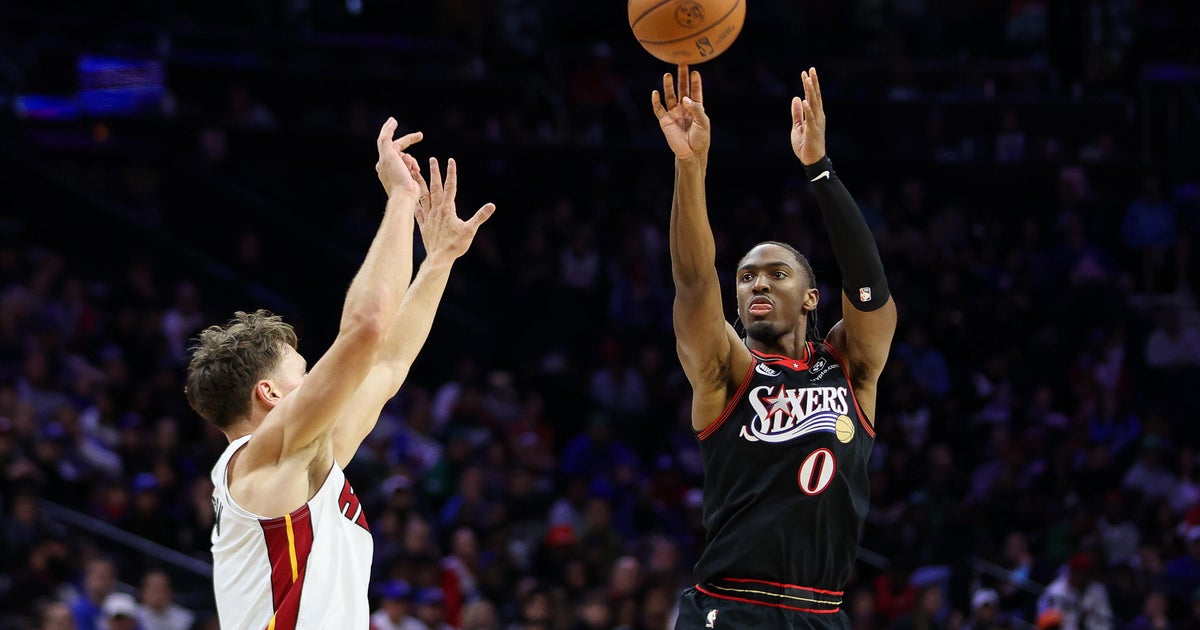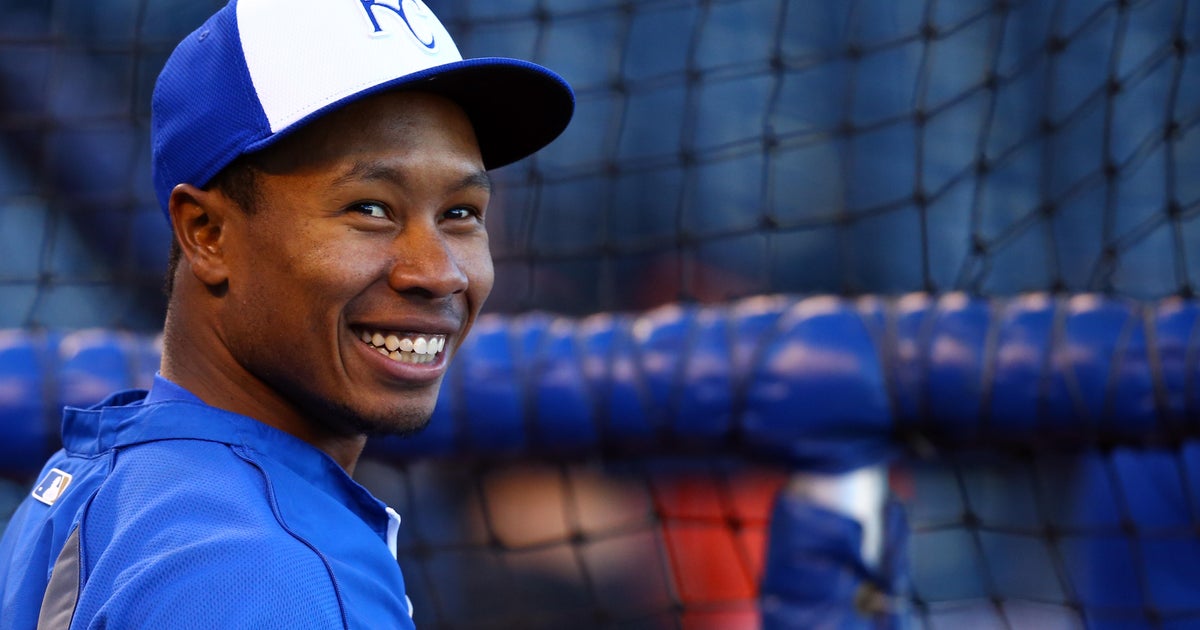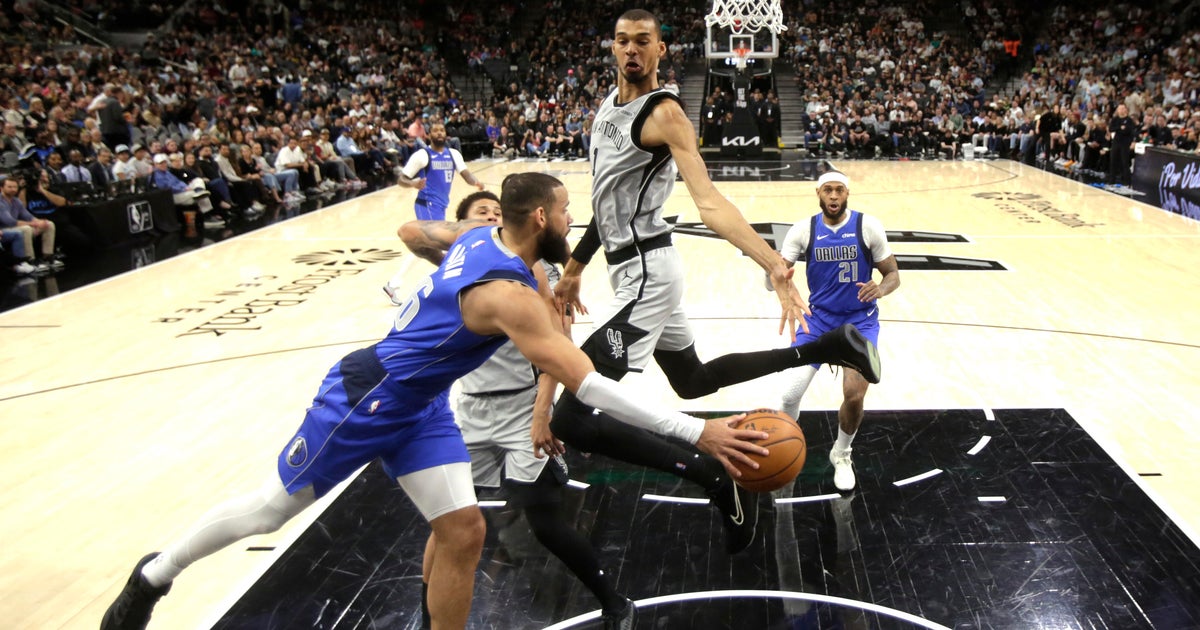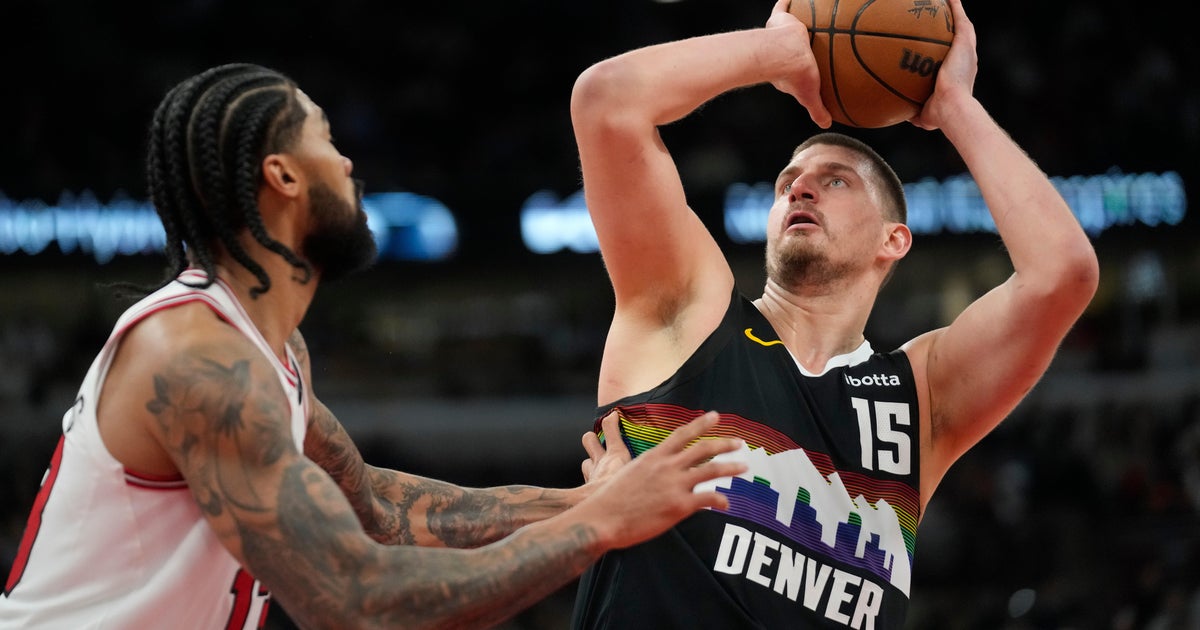MLB Offense Rebounds In July After Historic Drop
NEW YORK (AP) - Offense is on the rebound in Major League Baseball.
After a historic drop during the season's first three months that concerned the sport's leadership, the big league batting average in July was .255, according to the Elias Sports Bureau, raising the season's average from .246 to .248. Unless it goes up to at least .251 during the final two months, the season average would be the lowest since .244 in 1972.
There were 6,546 hits and 6,195 strikeouts in July, reversing an anomaly in which strikeouts exceeded hits in two of the first three full months.
Overall this season, batters have whiffed more than hit: There have been 27,285 strikeouts and 27,218 hits with the season about two-thirds through. Strikeouts topped hits in April (6,656 to 6,360) and June (6,776 to 6,640) while hits slightly exceeded strikeouts in May (7,033 to 6,971). Before this year, the previous low differential for a full month was in April 2017, when there were 138 more hits than strikeouts.
Strikeouts per game averaged 16.6 in July, down from 16.9 in June, 16.75 in May and 17.5 in April, which was a record for a full calendar month. Strikeouts project to 41,207, which would be the 11th consecutive season setting a record, topping last year's 40,104. The total was 32,884 in 2008.
There were 857 home runs in 373 games in July, an average of 2.30 that left the season average at 2.29. The average was 2.52 through July last year, just above the record-setting final figure of 2.51.
Weather could have been a factor in the early drop, since balls travel farther in warmer temperatures. The 48.9 degree average U.S. temperature in April was coldest since 1997, according to the National Weather Service, and May's 65.4 degree average broke the previous high, set in 1934. June's 71.5 degree average was the third-highest in 124 years of records, behind only 1933 and 2016. July data will not be available until next week.
Baseball officials have attributed the offensive drop partly to the increased use of infield shifts and to more frequent pitching changes that bring hard-throwing relievers into games.
"We think it's our obligation to carefully monitor what are significant developments with respect to how the game is being played on the field," baseball commissioner Rob Manfred said on the day of last month's All-Star Game. "The changes you're seeing are being driven by smart people who want to win more baseball games."
"The question for us becomes at what point do we want to step in, OK, and manage that organic change, reflect the judgment that this organic change may be driven by competition," he added. "There is a growing consensus or maybe even better an existing consensus among ownership that we need to have a really serious conversation about making some changes to the way the game is being played."
Batters cite increased velocity among pitchers.
"I've talked to guys who have been around the league and I say, 'Man, when you first came into the league 10, 11 years ago, did guys throw this hard?" They said, 'No, back in the day 92, 93 was gasoline,'" Tampa Bay's Kevin Kiermaier said. "There's a stretch where we faced (Justin) Verlander, Charlie Morton, Lance McCullers, Gerrit Cole, Max Scherzer, we faced all those guys within a calendar week, and it's like, when does this ever stop?"
Officials also are concerned about attendance — this year's average of 28,863 is down 5.2 percent from 30,453 through July last year, and this season could be the first with an average below 30,000 since 2003. Baseball officials cite bad weather that had led to 45 postponements, six more than last year's season total, and many early season games being played in temperatures below 40. But fan reaction to changes in the game and the many non-competitive teams also are factors.
Players are reluctant to alter playing rules and reaching any consensus among them on what should be done has been difficult.
"Over the last five years or so we've seen more changes to the game than we had in the number of years prior," union head Tony Clark said at the All-Star Game. "Even that in and of itself is concerning to the guys because they don't want to get to a point and don't want to get to a place where the fans that have always loved the game and been passionate about it are no longer enjoying it, and we're also not engaging the next generation of fans along the way. That combination platter is very concerning to the players."
(© Copyright 2018 The Associated Press. All Rights Reserved. This material may not be published, broadcast, rewritten or redistributed.)
